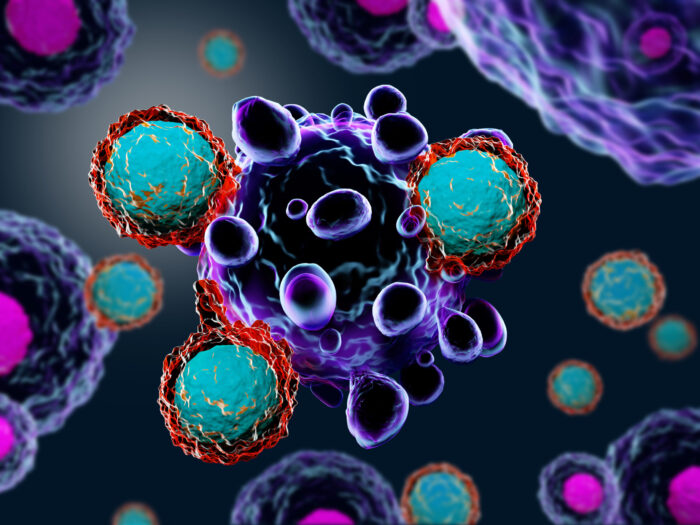
There are many holy grails in the healthcare world: solving interoperability issues, achieving health equity and a universal patient record. Grail, the liquid biopsy company based in Menlo Park, California, is on another, equally challenging, quest: making sure fewer people die from cancer.
Last June, the company introduced Galleri, a test that screens patients for more than 50 kinds of cancer. A year later, the company is partnering with health systems to build its database for the test and enrolling 20,000 participants in a clinical study to gain approval from the Food and Drug Administration, said Satnam Alag, Grail’s senior vice president of software engineering and chief security officer. He detailed these plans at AWS’ Thursday virtual conference for healthcare and life sciences innovation.
Next-gen sequencing company Illumina spun out Grail in 2016, and Grail filed its initial public offering in 2020. The two companies were reunited last August when Illumina completed its acquisition of Grail. Through its different phases of ownership, the Silicon Valley-based company has always had a definitive mission: to develop a cancer detection test that performs accurately and screened for all varieties of the disease.
Grail’s Galleri test analyzes blood samples to detect signals indicating the presence of cancer. If cancer is found, the test’s result can show clinicians where the cancer is stemming from within a patient’s body with 89% accuracy, Alag said.
In the company’s 2020 IPO filing, Grail said it would file for the test’s approval as early as 2023. To prepare data for this review, the company is currently enrolling patients in a study aiming to enroll 20,000 demographically diverse participants through North American health systems. The trial is meant to help Grail refine its technology and expand its dataset, which focuses on the more than 30 million regions of the genome associated with cancer-causing epigenetic factors and methylation factors.
The test is intended for use in people with an elevated cancer risk, such as those ages 50 and older. Currently, patients can only access the test through Grail’s partner health systems, medical practices and self-insured employers. It costs $949 and requires a prescription.

A Deep-dive Into Specialty Pharma
A specialty drug is a class of prescription medications used to treat complex, chronic or rare medical conditions. Although this classification was originally intended to define the treatment of rare, also termed “orphan” diseases, affecting fewer than 200,000 people in the US, more recently, specialty drugs have emerged as the cornerstone of treatment for chronic and complex diseases such as cancer, autoimmune conditions, diabetes, hepatitis C, and HIV/AIDS.
Providence was the Galleri test’s first health system partner. The Renton, Washington-based health system integrated the test into clinical care last year to help Grail evaluate the tool’s efficacy and build its dataset. Two weeks ago New Orleans-based Ochsner Health announced it will offer its patients the Galleri test as a complement to recommended single cancer screenings.
The most-recommended screenings in the U.S. are for cancers of the breast, lung, colon, prostate and cervix. Alag said that adding the Galleri test to these recommended screenings could potentially avert 100,000 cancer-related deaths annually. If his remarks are true, the test could play a significant role in decreasing the 71% of cancer deaths caused by cancers without recommended screenings.
“Instead of only screening for individual cancers, we need to screen individuals for cancer,” he said.
Credit: Meletios Verras, Getty Images













